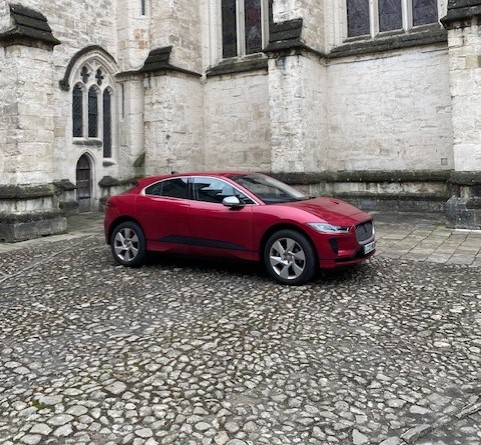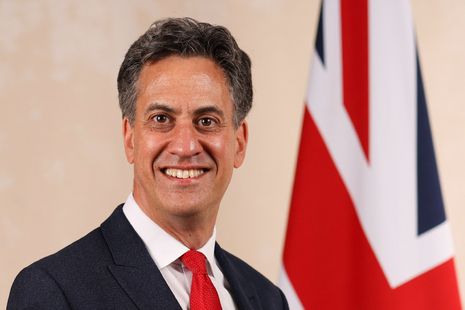Electric vehicle inequality is one of the key barriers to the UK’s ambitious climate targets, according to a new report from Cornwall Insight. Without urgent action to tackle affordability, access to EVs will remain out of reach for millions of lower- and middle-income households, threatening the Government’s goal of reaching 80 per cent zero-emission car sales by 2030.
The report, Driving Down UK Transport Emissions: Tackling the Key Barriers, highlights that while 80 per cent of current EV owners benefit from cheaper home charging, around 75 per cent of UK street-side households lack driveways. This limitation particularly affects lower-income, urban areas, and as a result, these households must rely on more expensive public or workplace chargers if they purchase an EV. According to Cornwall Insight’s EV Insight Service, public charging can cost over £1,500 more per year compared to using an off-peak home charging tariff.
Expensive public charging, combined with the high up-front cost of EVs, with new EVs costing around 40 per cent more than petrol or diesel alternatives, is undermining the environmental and financial benefits of switching. The second-hand EV market also remains significantly more expensive than fossil fuel alternatives, further limiting access to EVs.
To bridge the gap and maintain momentum in EV uptake, the report recommends reintroducing targeted subsidies for both new and used EVs, especially for lower-income buyers, scaling up interest-free loan schemes, like Transport Scotland’s zero per cent loans for second-hand EVs and making public and workplace charging cheaper and more accessible, particularly for households without driveways.
Tilly Boultwood, Analyst at Cornwall Insight said: “Affordability is now a critical barrier to EV adoption. If EVs remain the preserve of the wealthy, the transition to zero-emission transport will be delayed and uneven. If you only target one section of society, you will eventually run out of customers.”
© 2019 Perspective Publishing Privacy & Cookies








Recent Stories